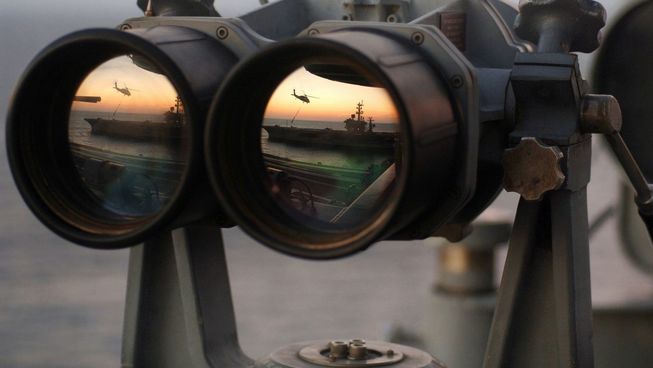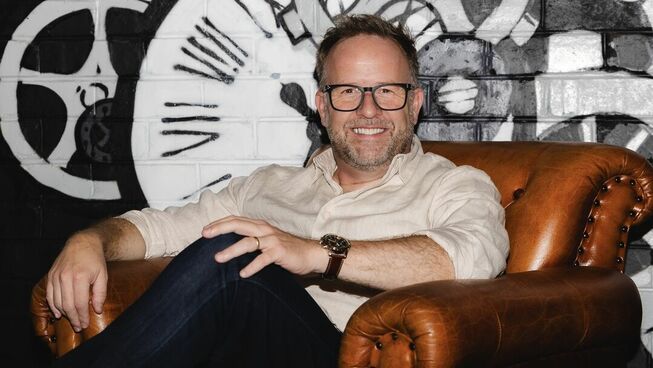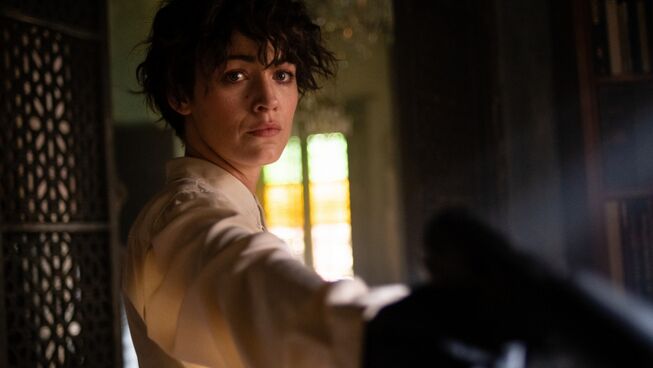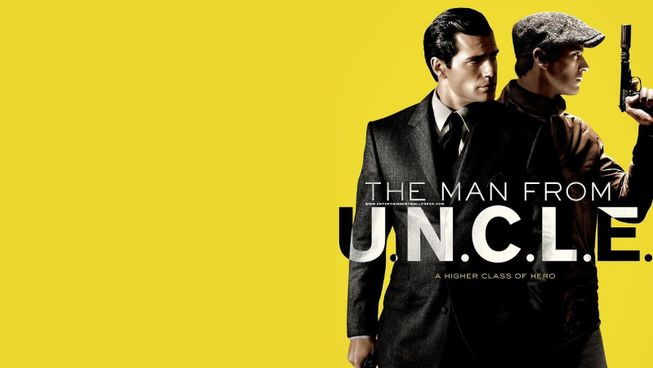The Man from U.N.C.L.E.

4 out of 5 stars
The Man from U.N.C.L.E (United Network Command for Law and Enforcement) is most likely not a television show that people will remember from their childhood or have even experienced in reruns. Besides taking the title and the basic concept of the show, this espionage excursion does provide a fresh take on the spy game. Placed on the backdrop of the cold war and the 1960's, director Guy Ritchie (Sherlock Holmes) incorporates a style of film making that is less Bourne and more retro-Bond. Well-dressed, cliched agents with well-timed dialogue that takes front stage over action. Not that there is not action, but the action that is provided is more stylised and methodical. The central characters of the latest Ritchie production are CIA agent Napoleon Solo (Henry Cavill) and KGB operative Illya Kuryakin (Armie Hammer). Two agents who must put aside their national loyalties to work together to bring down a criminal organisation that is profiting from the burgeoning nuclear weapons market. Adding a link between these two agents is the sensual and fiery Gaby Teller (Alicia Vikander), who provides the means of finding the well-connected arms dealers. This origins-type spy story has a different pacing, action and spirit that counteracts the current tradition in foreign agent adventures.
The Man from U.N.C.L.E. does force a shift in cinematic expectations. Ritchie seems to take on the mantra, 'Everything that is old is new again' by providing something new within retro-style packaging. Fans of this director will see his fingerprints all over the film, while being conscious of fresh techniques in his direction. He utilises some of his trademarks to provide his touches to lighting, well-timed dialogue and subtle sexuality that complements the action. One pleasant surprise is his ability to get strong performances out of Cavill and Hammer. The nature of the story develops around their bizarre partnership and their reliance on each other's special agent skills, which also seems to be the case with the actor's performances, too. On their own, these actors are one dimensional and potentially boring, but together they present a uniformity that is quite enjoyable to watch on the big screen. Their relationship takes time to build, but in the end it does deliver. The true adhesive that brings these two agents together and provides the elemental connection for their performances is Alicia Vikander (Ex-machina). An up and coming force in Hollywood, she delivers the sensuality and feminine spark that perfectly complements this combative bunch of agents. In the end, the biggest challenge for this film will be to manage the audience's expectations. If the viewer expects Bourne or even the recent incarnation of Bond, they will be disappointed. But, if they go into the theatre looking for a fresh take on a well-worn espionage storyline, they will be pleasantly surprised and will find themselves looking forward to the next instalment of these undercover agents.
DOWNLOAD REEL DIALOGUE DISCUSSION GUIDE
In the realm of espionage theatre, the considerations to discuss war, national loyalties and the atrocities of mankind are extremely obvious. Loving our neighbour is an idea that can be seen in many of the world’s religions and philosophies, but a radical notion that was introduced by Jesus was to not only to love our neighbours, but to love our enemies. Honestly, it has to be one of the most confronting concepts in the Bible and one of the hardest to implement. Individually it is challenging, but how about on the global scale? Without unintentionally waving a 'make peace, not war' sign around, loving your enemy opposed to going to war has its appeal. Also, not to misrepresent Jesus as being merely meek and mild, the concept of loving your enemies might be one worth considering, for ourselves and for global politics.
Reel Dialogue: What are some of the bigger questions to consider from this film?
1. Where is real hope found?
2. Can we love our enemies?
3. Why is it so hard to trust other people?









